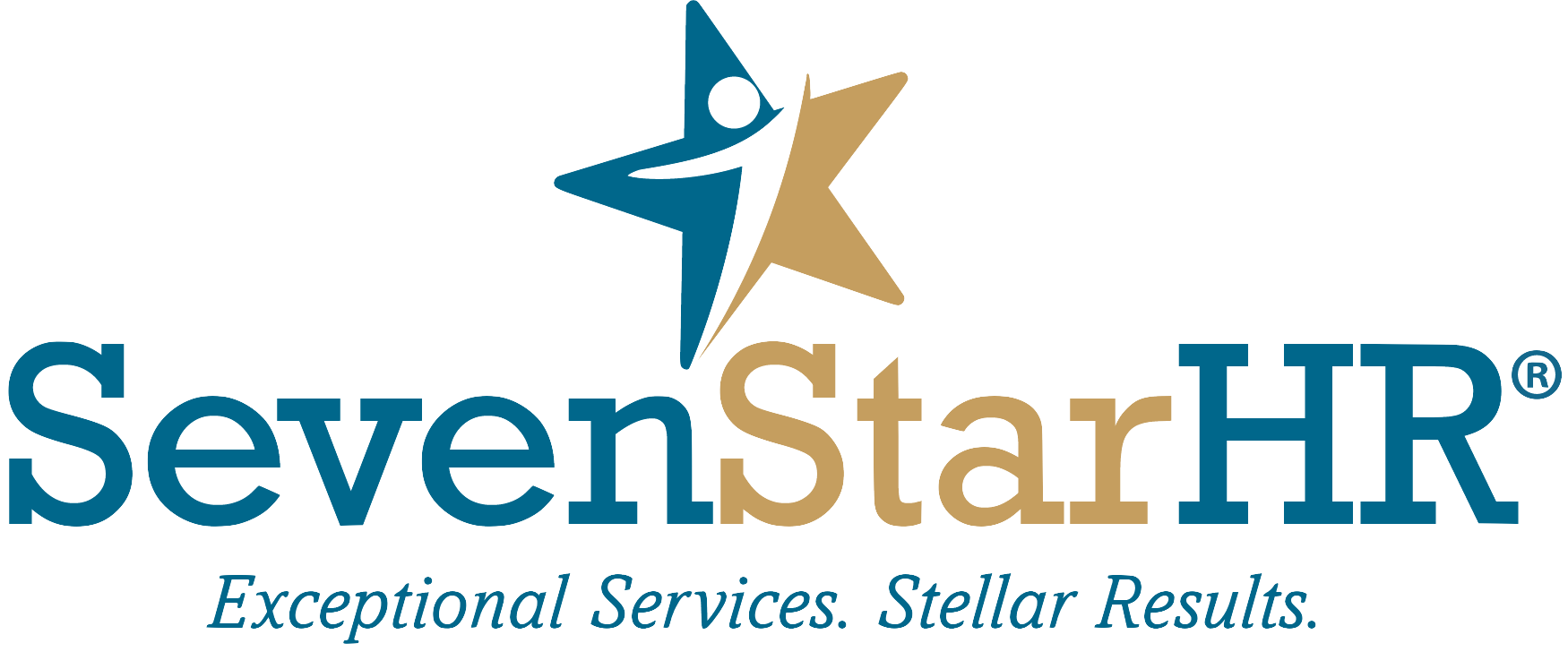What is the Pregnant Workers Fairness Act?
Here’s a quick reminder about the Pregnant Workers Fairness Act (PWFA) and what it means for your workplace. This law, effective June 27, 2023, requires employers with 15 or more employees to provide reasonable accommodations for workers or applicants with limitations related to pregnancy, childbirth, or related medical conditions—unless doing so would cause an undue hardship.
The Equal Employment Opportunity Commission (EEOC) issued final regulations in 2024, ensuring employers have clear guidelines to follow. Read the full summary here.
The Key Rules You Need to Follow
Here’s a cheat sheet to avoid any missteps:
Provide Accommodations: If an employee needs something like extra breaks or a stool to sit on, you must explore reasonable options unless it’s a serious strain on operations.
Engage Collaboratively: Solutions must be reached through the interactive process, where both parties work together to find the best fit.
Avoid Forcing Leave: Can a reasonable accommodation keep the employee working? Then mandatory leave is off the table.
Say No to Retaliation: Employees are protected from punishment for requesting accommodations or reporting violations.
PWFA vs. State Laws: What’s the Difference?
The PWFA doesn’t override more protective local laws—it complements them. More than 30 states and cities already have their own rules for accommodating pregnant workers. Always check state-specific requirements to ensure full compliance.
Examples of Reasonable Accommodations
Accommodations don’t need to be complicated or costly. Common examples include:
Allowing flexible work schedules.
Providing additional bathroom breaks.
Offering temporary task reassignment.
Allowing seating options for standing roles.
Studies show that most accommodations are either free or low-cost for employers, making them manageable even for smaller organizations.
What Employers Are Prohibited From Doing
The PWFA outlines clear prohibitions to prevent discriminatory practices. Employers cannot:
Deny reasonable accommodations for known limitations.
Impose unwanted accommodations without consultation.
Require employees to take leave when accommodations could allow them to continue working.
Retaliate against workers for requesting accommodations or reporting violations.
Coerce employees into giving up their rights under the PWFA.
These measures ensure that employees are protected throughout their pregnancy and postpartum periods.
💡 Actionable Step: Update training materials and ensure all staff, especially managers, understand these prohibitions to avoid missteps.
Need help navigating PWFA compliance and other HR challenges? Contact us today for expert fractional HR support that keeps your business on track.

